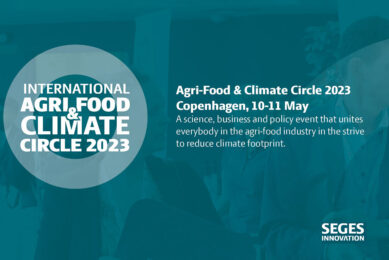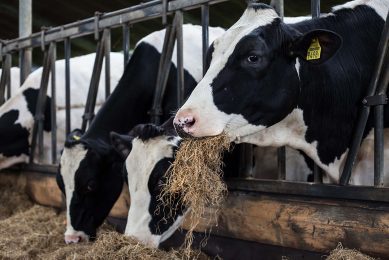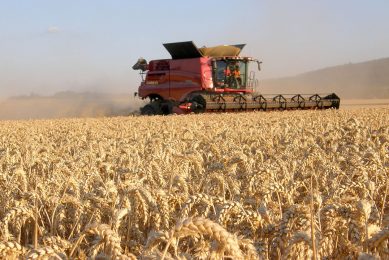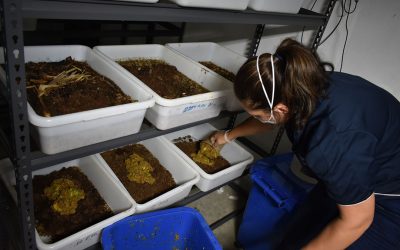Kangaroos might solve methane problem
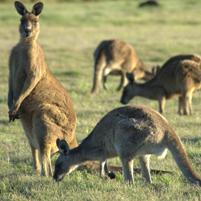
Kangaroos are either cute and appear in movies or can be a pest and need to be shot, depending on which side you’re on. But they also happen to produce environmentally friendly farts.
Thanks to research carried out in Queensland for the past four years, and
released last month, the marsupial’s cleverest trick is its ability to produce
environmentally friendly farts.
Researchers have isolated the bacteria in
the stomach lining of kangaroos that means their farts contain no methane, a
greenhouse gas far more damaging than carbon dioxide.
The team, led by
Dr. Athol Klieve, believes that unlocking this secret could lead to the creation
of more climate-friendly cattle.
Between them, the flatulent farm animals
produce so much methane that they account for 14% of greenhouse gas emissions in
Australia, second only to power stations.
But if the kangaroo bacteria
were added to cattle feed, the researchers hope they could create herds with
much lower carbon footprints.
It has been estimated that the average
bullock produces 250 litres of methane a day. “By replicating this bacteria not
only would they [sheep and cattle] not produce such methane, they would actually
get something like 10 to 15% more energy out of the feed they are eating,” said
Dr Klieve.
No methane but acetate
Scientists already know that
kangaroo stomachs are more than just green. Instead of methane, they produce
acetate, a chemical that improves digestion.
Feed laced with kangaroo
bacteria could give rise to livestock that is not only greener, but also
faster-growing and more fertile.
The scientists are confident that they
can harness this bacteria and produce a drench or feed supplement which could
then be fed to sheep and cattle – the result would be faster-growing, healthier
and more fertile farm animals.
Methane-busting feed supplements could be
available commercially in as little as three years.
For regular
updates on feed news subscribe here to our free
newsletter




